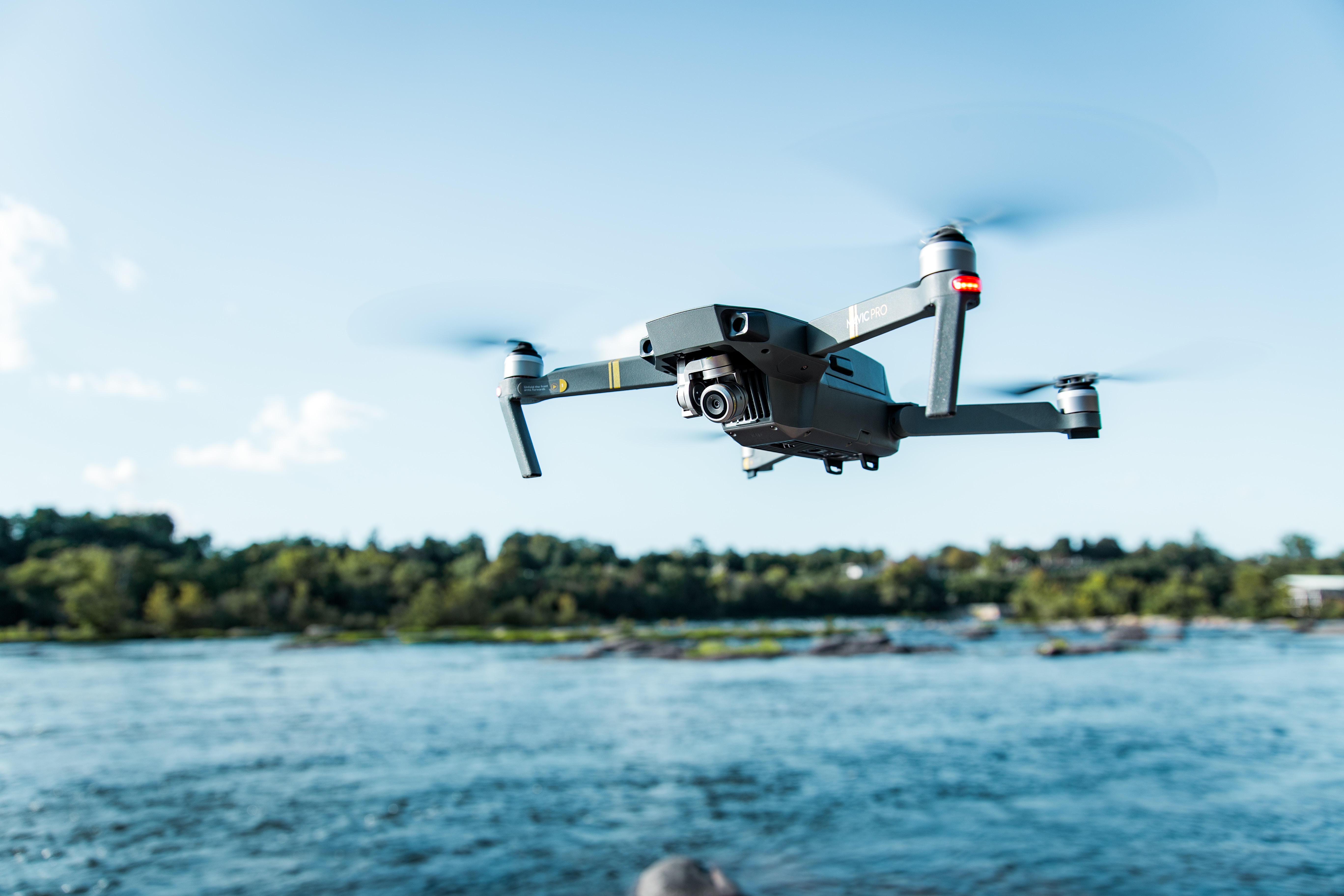Tech Talk: Drones Get 'License Plates'

The Federal Aviation Administration is asking drone owners, yet again, to submit their device information to the government—but for real this time. This effort, which was reintroduced with President Trump’s signing of the National Defense and Authorization Act, a $700-billion-dollar initiative, was first introduced in 2016, when the FAA asked owners in possession of a drone weighing 0.55 to 55 pounds to register their device to its database and display the device’s unique registration code visibly on the product.
Initially, recreational drone pilots opposed the law, claiming that it unreasonably infringed on how they used their devices. In May 2017, a Washington, D.C. circuit court judge ruled in favor of these recreational pilots, on grounds that the law conflicted with the FAA’s Modernization and Reform Act of 2012, which mandates the FAA is not permitted to issue laws or guidelines about “model aircrafts;” in this initial phase, drones were categorized under this broad term. Just months later, in December 2017, Trump signed the act that required all drones, no matter the use, must be registered with the FAA. Now, the FAA is taking greater steps to enforce this mandate.
The license-plate-like identification code system developed by the FAA will permit the Department of Transportation to remotely identify the more than 1.5 million drones currently registered with the FAA. Although this may not appear imperative for drone owners who are using their devices recreationally in their own backyards, if an unidentified drone were involved in an accident, the repercussions could be severe. The main issues that prompted this system were safety-related, including the presence of drones in high-risk and high-traffic areas, like stadiums and airports, along with taking a proactive approach to crowding airspace, with companies like UPS and Amazon looking to drones to possibly help with deliveries. Drone owners who do not comply with the new law face civil penalties of up to $27,500 and criminal penalties of a $250,000 maximum fine and/or a maximum of three years’ imprisonment. To further encourage registration, the FAA has made the process incredibly straight-forward—registration can be completed in five minutes and costs owners just $5.
In addition to registering the device, the law includes information on how, when and where drone pilots can fly their devices recreationally: flying a drone over large groups of people or crowded public events is prohibited, for example, along with flying near emergency situations.
From December 2019 through this month, the FAA is holding a 60-day commentary period for drone-owners to provide feedback on safety-related matters. For more information on the new law, visit https://www.congress.gov/115/bills/hr302/BILLS-115hr302enr.pdf.
–––––––––––––––––––––––––––––––––––––––––––––––––––––––––––
Danielle Renda is associate editor of PPB.

